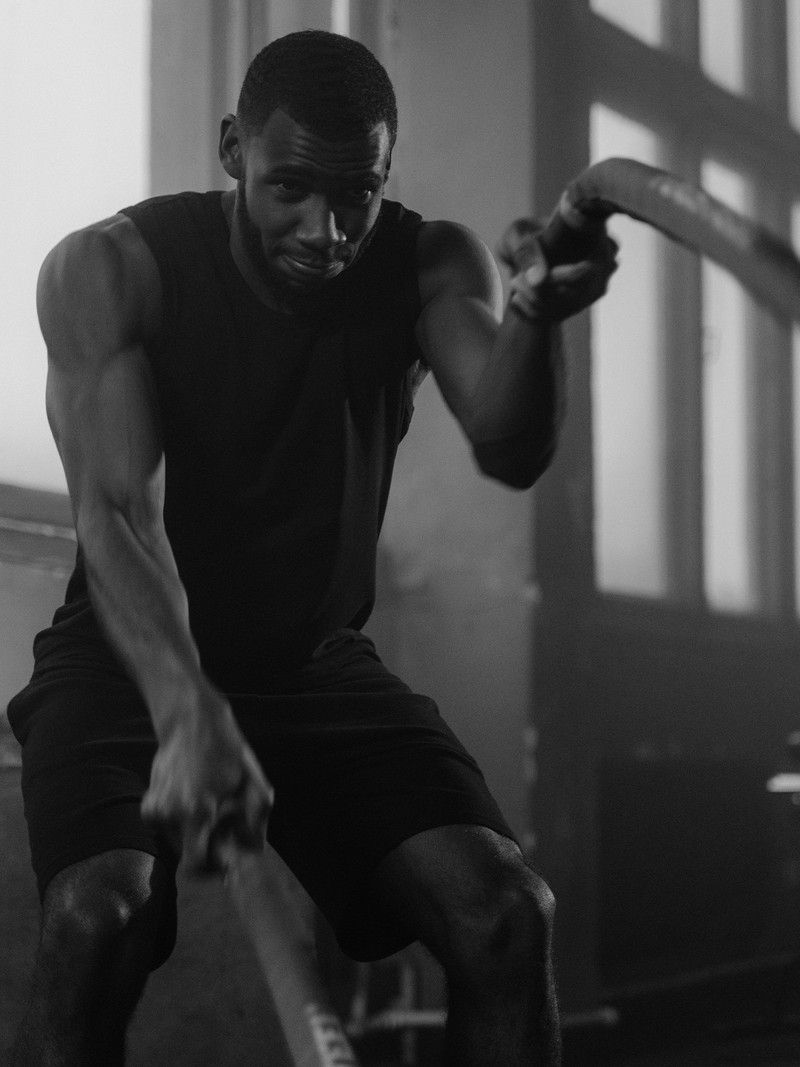
Creatine Is Having A Moment – Here’s Why
Why has creatine gone mainstream?
Creatine has been one of the most researched supplements in sports nutrition for decades. What’s changed is how – and why – men are using it. For years, it was pigeonholed as a strength supplement, but new research shows it supports brain performance, stress resilience and healthy ageing. Rhian Stephenson – nutritionist, naturopath and founder of Artah – has seen the shift first-hand: “Creatine was always seen as a gym supplement, but the research now goes far beyond strength. We’re looking at benefits for cognitive function and even longevity.” Maz Packham, nutritional therapist at W-Wellness, sees the change in attitude reflected in her clients too. “There’s been a real move towards future-proofing health. Creatine supports muscle, cognitive function and cellular energy – all key pillars of ageing well.”
Remind us – what exactly is creatine?
Creatine is a compound your body makes naturally from amino acids. You also get a small amount from foods like red meat and fish, but most men don’t eat enough to reach optimal levels. Creatine helps your body produce energy quickly. When you train, sprint or even try to power through a mentally demanding afternoon, your cells rely on ATP, the molecule that fuels effort. Creatine helps your body recycle ATP faster, meaning more available energy when you need it. Maz breaks it down: “Creatine restores the body’s energy currency. When ATP runs low, creatine helps top it back up so you can keep going at a higher level.”
If you’re not trying to get bigger, is it still worth taking?
Yes – and this is exactly why creatine has exploded in popularity. Sure, it supports strength, but the day-to-day benefits are focus, energy and resilience. As Rhian explains, “Creatine helps you train harder and recover faster. Men don’t realise how much it can influence intensity until they try it.” With more available energy, you can push harder without feeling wrecked afterwards. The cognitive benefits also can’t be ignored. The brain stores creatine, and because brain cells also use ATP, creatine supports mental clarity. “Creatine can improve focus and mental performance, especially during stress or fatigue,” says Maz. Rhian adds that creatine has even shown promise for days after bad sleep: “There’s evidence creatine can offset the mental slump that comes from lack of sleep.”
So even if you don’t lift weights, it still helps?
Yes – you don’t need to be lifting heavy to benefit. If your training involves bursts of effort – think intervals, padel, football, rowing or HIIT – creatine will still make a difference. “Creatine improves sprint capacity and recovery,” says Rhian. “It helps you push harder and adapt faster.” Rachel Butcher, head of nutrition at Third Space, explains why endurance athletes used to avoid it: “Creatine was historically seen as something for power lifters and sprinters. Endurance athletes steered clear because they worried about water retention. But the science has moved on, with evidence emerging for endurance too. Think about that final push – the last hill or sprint to the finish line. The athlete with saturated creatine stores will have the edge.” In a nutshell, she says, creatine doesn’t just help you generate power – it helps you maintain it when it matters.
How should you take it?
Creatine is simple to take – you don’t have to load it, cycle it or pair it with specific macros. All three experts agree 3-5g of creatine monohydrate a day is enough to saturate your stores and keep them topped up. Some men like to take it before or after a workout, but it’s consistency not timing that drives results. Rhian puts it plainly: “The best time to take creatine is the time you’ll remember to take it.” That might be stirred into your morning coffee, added to a water bottle that sits on your desk, or blended into a post-gym smoothie. If you prefer a more exact approach, Rachel recommends aiming for 0.3g per kg of body weight.
How long until you feel the difference?
Creatine doesn’t create a buzz like caffeine. You won’t suddenly feel energised or wired; instead the benefits appear gradually in what you’re able to do. After a few weeks, training sessions feel stronger and more controlled, you recover quicker between sets, and you don’t hit the wall as early. Rhian sees this in clients consistently: “Most people see results within the month,” she says. Vegetarians and men who eat little red meat sometimes notice changes sooner because their creatine stores start lower, so the effect of supplementation is more obvious.
Are there any side effects?
Creatine has collected a lot of folklore over the years, but the research is clear: creatine monohydrate is one of the safest and most studied supplements in existence. The concerns usually come from how people take it – not from creatine itself. Maz says bloating typically only happens when someone takes huge loading doses or a formula full of sweeteners and fillers. Most modern formulas are clean, especially if you stick to pure powder. And water retention isn’t the issue people assume it is either – the small increase that happens when creatine pulls water into the muscle is what supports performance and recovery. Just remember quality matters. Rhian points out that many gummy versions don’t meet their label claims and have been found to be contaminated during testing. The simplest rule is to choose pure creatine monohydrate powder – ideally third-party tested – and avoid gimmicky formats.
The bottom line?
Creatine is more than a trend. It’s a well-researched, high-impact supplement that supports how you train and think. It helps you lift more, sprint harder and recover faster, but it’s just as valuable on the days you’re not in the gym, when you’re tired, stressed or trying to stay focused at work. If your goal is to feel sharper, stronger and more resilient, creatine is one of the smartest additions you can make to your routine.
Visit Artah.co, W-Wellness.co.uk and ThirdSpace.London
SHOP THE EDIT
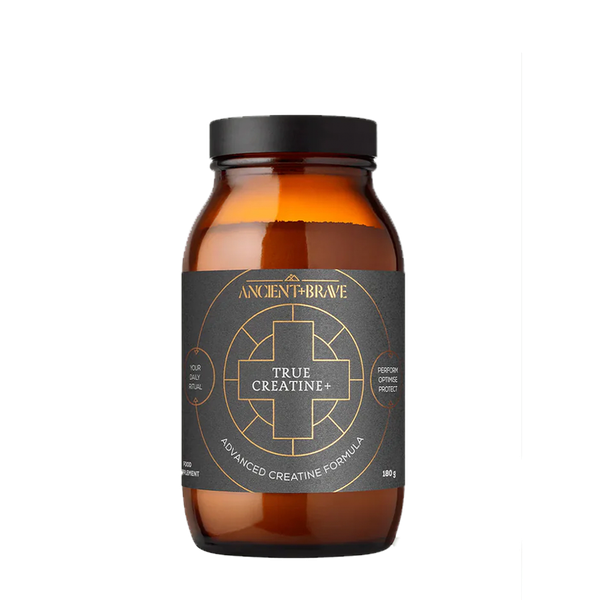
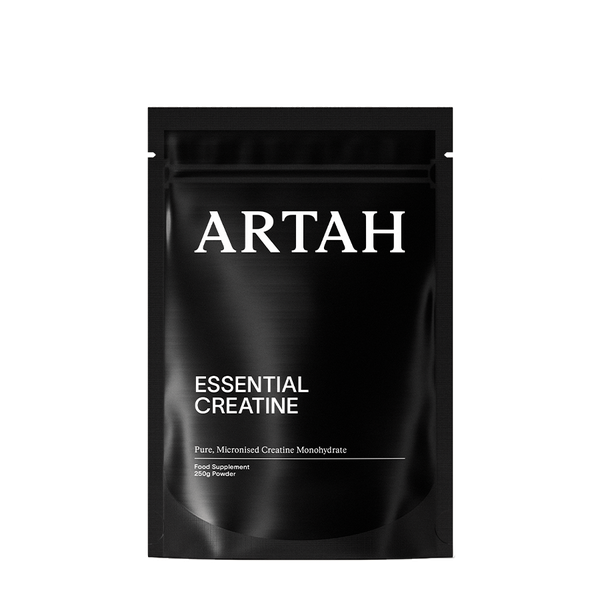
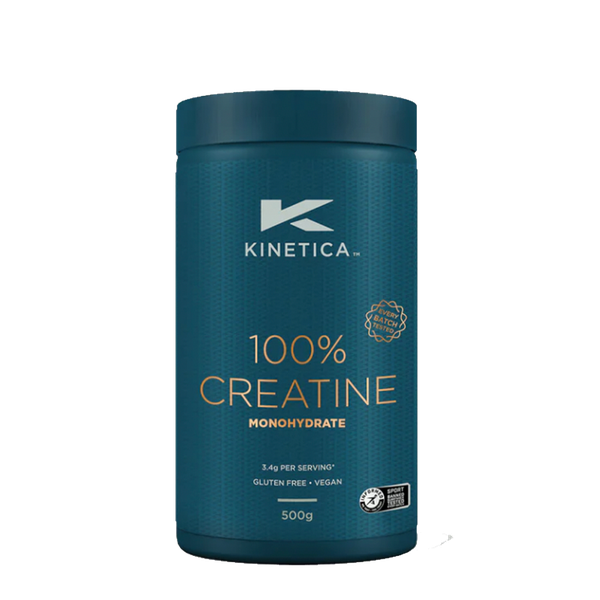
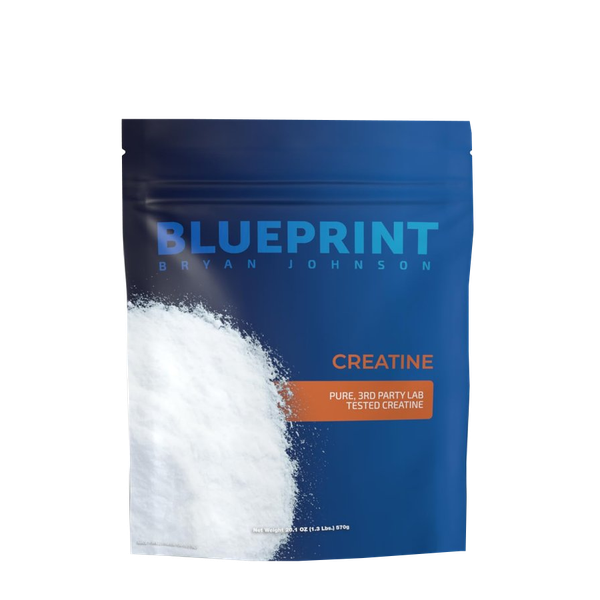
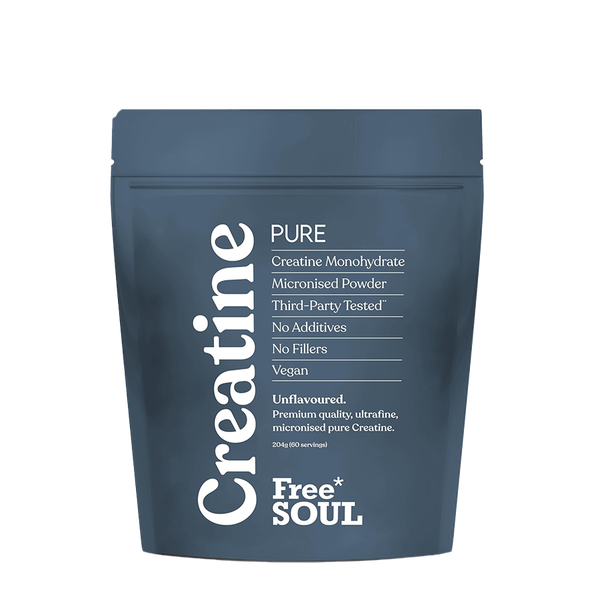
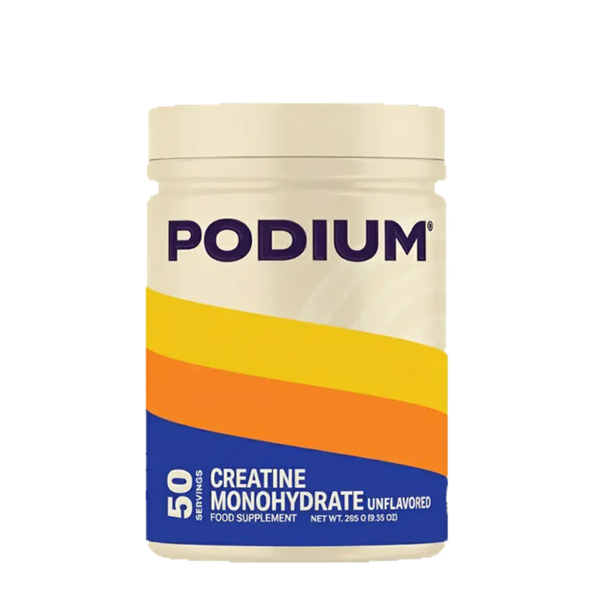
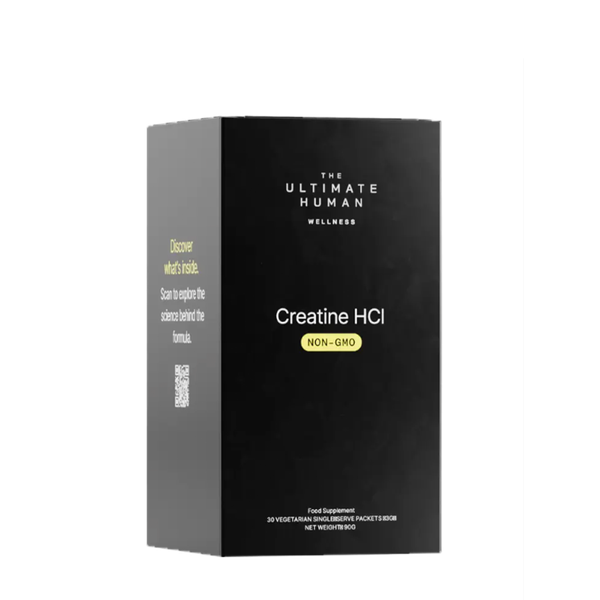
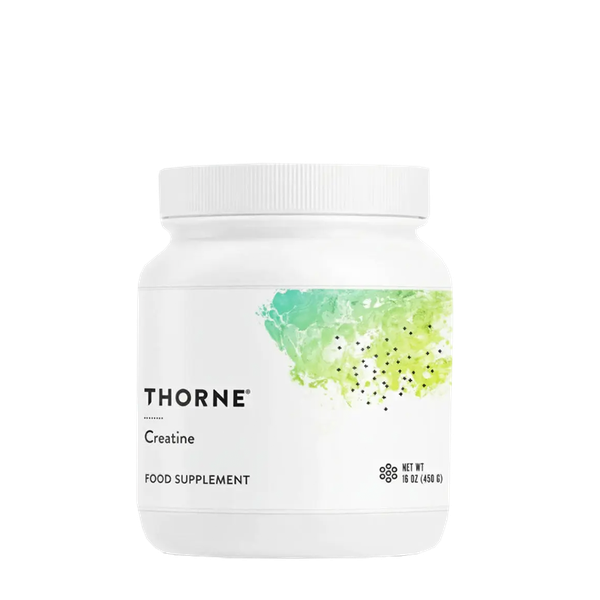
All products on this page have been selected by our editorial team, however we may make commission on some products.
DISCLAIMER: We endeavour to always credit the correct original source of every image we use. If you think a credit may be incorrect, please contact us at [email protected].

